
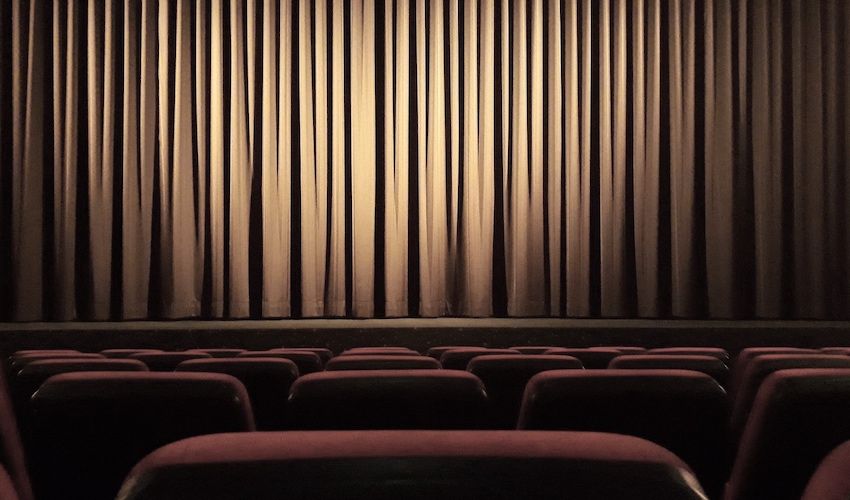

Jersey theatres and performance groups are bracing for a big financial hit this year, with physical distancing requirements and travel restrictions meaning that live shows are unlikely to be possible until 2021.
Under Jersey’s 'Safe Exit Framework', leisure businesses and venues such as theatres, concert halls and cinemas will only be able to open in Level 2 with strict physical distancing and hygiene. The island has been in Level 3 since 11 May.
While it is unclear at this stage when theatres will be able to reopen, local venues have been discussing what physically distanced audiences might look like and what it will mean for live performances.
According to Pierre Horsfall, Chairman of Jersey Opera House, physical distancing rules and restrictions around travel will make it every hard to offer any live performances.
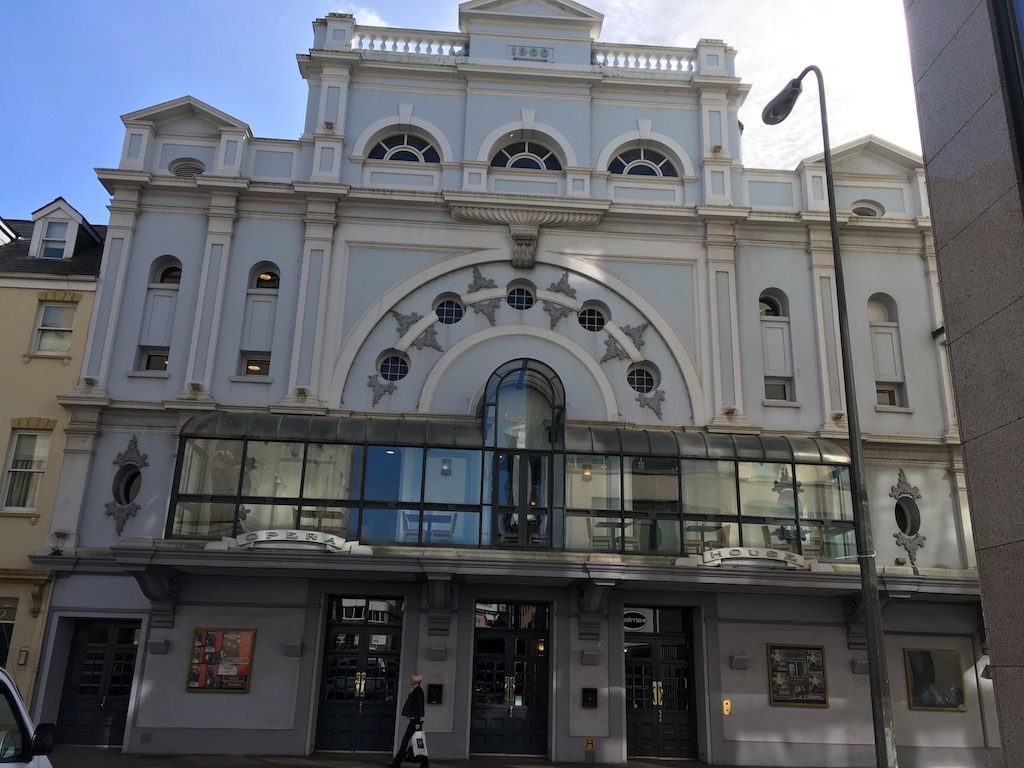
Pictured: Physical distancing would be hard in an old building such as the Opera House, Mr Horsfall said.
As he explained, the Opera House is an old building with "a lot of twists and turns”, making physical distancing challenging and completely impossible on upper floors. Following a one-way system within the building would be equally difficult while toilet access would be a “big problem”.
“We could sit in odd rows and seats and at the very most we could get to about 150 people in the audience,” Mr Horsfall said. “It’s good to bear in mind that the Opera House sits 625 people. 150 is very small by comparison.”
With audiences being so small, Mr Horsfall says customers who hire out the Opera House will not want to pay very much - in fact, he says, the current demand from UK promoters is non-existent.
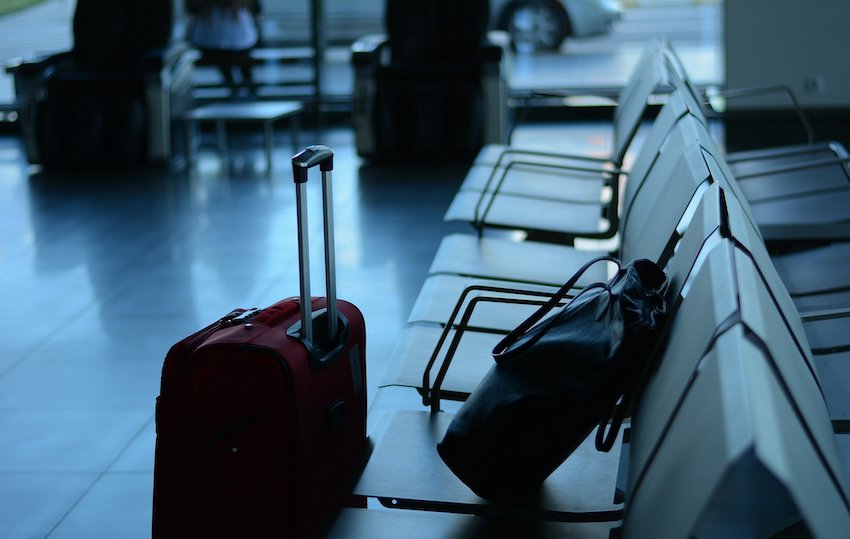
Pictured: Travel restrictions are likely to prevent foreign theatre companies from coming to the island.
In addition, companies will have to contend with travel restrictions and possible quarantine on either side.
“The picture is not a very good one with travel not being possible,” Mr Horsfall said. “I suspect this year is going to be very thin on the ground if anything at all.”
This view is shared by Tom Dingle, Director of ArtHouse Jersey. “Looking at the broader national picture it would seem that ‘physically-distanced’ theatre is a non-starter financially,” he said.
“An auditorium with audiences spaced at two meters apart equates to around 10-15% capacity, where most theatres need 60-90% to survive. This is on top of theatre being a financially risky and precarious medium in the first place. It’s not just the finances that would make a ‘physically distanced’ night at the theatre less palatable.”
Pictured: Daniel Austin, Director at the Arts Centre, said they are many questions to answer before performances can resume.
At Jersey Arts Centre, the team is preparing for the possibility of performances in the autumn, after their summer season was almost entirely cancelled or postponed.
“It’s going to be a challenge navigating the safety priorities once we are at ‘Level 2: Soft Opening’ and are able to open the building at Phillips Street,” Daniel Austin, Director, said.
“The safety of our staff, our volunteer stewards and our audience is going to be a fundamental priority and, with physical distancing, it is going to be interesting to see what develops in our planning.”
Mr Austin said they are many questions to answer before performances can resume.
“What should our capacity be? Will we need a one-way system around the building? Should there be intervals? Backstage procedures will need to be as equally clear, safe and executed. And how will we manage all this on a practical day-to-day basis? And, indeed, financially?”
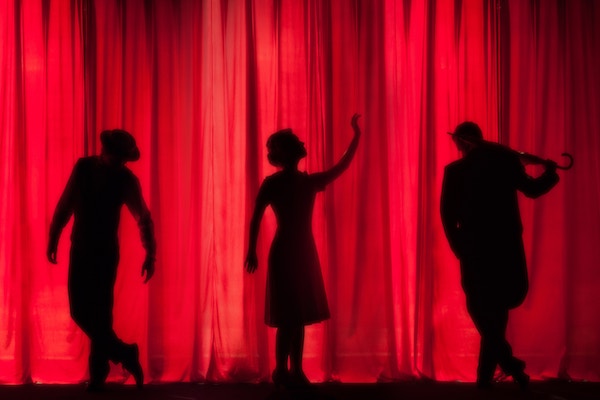
Pictured: There might not be a panto on the calendar this year.
Like Mr Horsfall, the Arts Centre Director fears many companies will not be in a position to tour again until 2021 due to rehearsal, travel restrictions and finance.
In terms of local productions, Mr Horsfall says he has his doubts local companies will want to operate on the basis of small audiences, which could even mean the absence of the panto from this year’s calendar. For Mr Horsfall, this is a loss not only for the audience, but also for the performers.
“We would love to see the panto take place,” Mr Horsfall said. “But I’ve got my doubts as to whether they would want to.
“It’s a great shame, because the panto brings so much pleasure to see so many people on stage, particularly young people.
“The value of this local shows is not just for the audience. All the local people of all ages right down to children who actually perform on the stage, it gives them a feeling of confidence, it’s very good therapy.
“It’s a great contribution to the development of young people to perform on stage. The panto and local plays have great standards, it’s a great confidence booster and it’s part of the heritage of the island.”
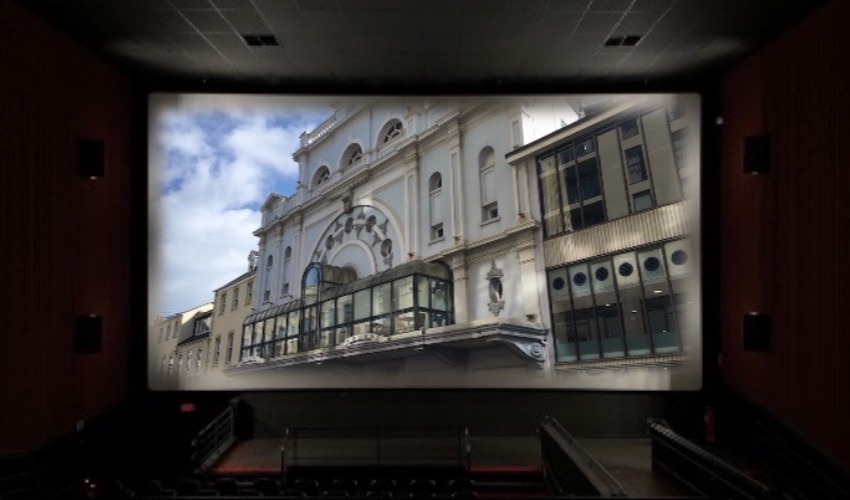
Pictured: The only thing the Opera House can hope to do this year is offer screenings of theatre and ballet performances.
As the Opera House does not normally produce its own shows, Mr Horsfall said the only thing the team “can hope to do” is to put on screenings of theatre and ballet performances, something the venue has recently been offering.
Last year’s screenings included award-winning one-woman comedy show 'Fleabag' by Phoebe Waller-Bridge, 'One Man, Two Guvnors' featuring James Corden and a production of 'A Midsummer Night's Dream' from the Bridge Theatre.
“It’s not a good picture but certainly screenings are a possibility as they don’t normally attract a full house,“ Mr Horsfall said. “They get quite a good audience but they are not crammed in.”

Pictured: Tom Dingle, Director at ArtHouse Jersey.
Meanwhile ArtHouse Jersey has been looking at “more adaptable” art forms “where the very act of being sat in close proximity with others isn’t a key part of the experience,” as Mr Dingle said.
They are designing an exhibition with physical distance being a part of how they intend the audience to view the work, in a bid “to make a virtue out of a potential hindrance”.
"To some degree, this can be offered with theatre through online performances, live-streamed events and perhaps readings to a small audience, but the true thrill of a live event, being in the same room as the performers and feeding off the vibes of your fellow audience members, is a crucial part of what makes it special,” Mr Dingle said. “Sadly this is likely to be a treat that we will have to wait a while longer before we can enjoy again."
Mr Austin assured the Arts Centre will still be able to offer “a unique programme of performance experiences, courses, workshops and exhibitions, when it is safe to do so".
“That is our raison d’être: the challenges will make us even more imaginative, creative and engaging. We already have some unique and exciting projects up our sleeves!” he said.
Pictured: Local theatre venues might need the support of the Government to weather the crisis.
But, in addition to the support of audiences, theatre venues will need the support of the government, as, like many other businesses, they have been hit by the lockdown and subsequent restrictions.
Mr Horsfall said that, while the Opera House had reserves of its own and has been able to keep paying his staff thanks to the annual grant from the government, they might need to turn to the Government if the situation goes on for too long.
“The annual grant which keeps us going, so far this year has been paid - we would have been unable to keep our staff together without it,” he said.
“If we were to lose our staff and they went off and found other jobs, it would be quite difficult to reopen the Opera House in the present situation. I have to hope that the government will keep on supporting us.”
Meanwhile, Mr Dingle maintained that a “healthy cultural landscape” will be an important component of future financial prosperity – “think of bars, restaurants, tourism and other sectors that feed directly off artistic activities” - as well as the nation’s wellbeing.
Comments
Comments on this story express the views of the commentator only, not Bailiwick Publishing. We are unable to guarantee the accuracy of any of those comments.